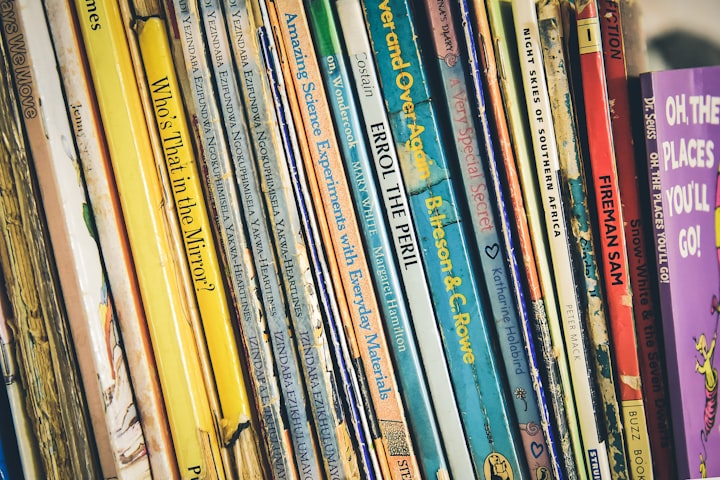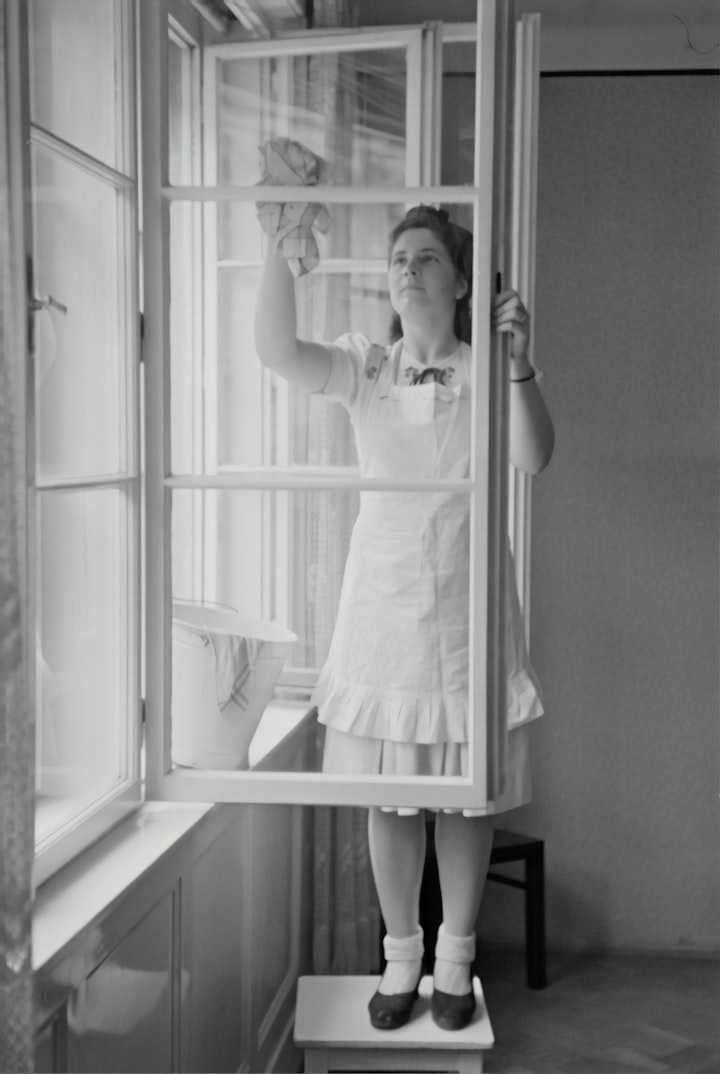The Concept Of Copyright - Simplified
A quick guide explained through a story + a review on Vocal's Terms and Conditions on copyright

Imagine This:
You woke up hearing a song whose lines are very much familiar to you. You began scrolling Facebook and encountered the same song being shared. It looks like the song has become viral for a few days already.
You were surprised that the song has been performed by your good friend and she uploaded it on her YouTube channel. She claimed to have composed the song, sang it, and put it on YouTube for the world to hear.
You wanted to congratulate your friend on her first successful viral YouTube video. But you can’t understand why something is bothering you. The song’s melody may have been new but you are familiar with the lyrics.
Suddenly, it dawned on you that the lyrics are the contents of the letter that you sent your friend last month. She transformed the exact contents of your letter into a song. Then it became viral!
With a throbbing heart, you dialed your phone to finally say “congratulations”. Your mind is not comfortable for confrontation but your lips had the courage to ask her about the lyrics of her viral song rendition.
You said, "is it the letter that I sent you last month?"
She answered, “yes, it was exactly your letter to me. I got inspired by it, put in some melodies, and created a song that my YouTube followers liked and shared.”
You asked her why she didn’t ask your permission or credit you as the author of the lyrics.
She answered, “don’t make an issue out of it. The letter is MINE upon my receipt.”
Your Friend is Not Correct
She should have asked your permission to transform the wordings in the letter into a song.
You own the COPYRIGHT to the contents of the letter. Literary and artistic works that include letters are protected from the moment of their creation. Therefore, the author is the copyright owner.
The use of a work without the author’s consent constitutes copyright infringement.
What Are Your Rights As The Copyright Owner?
You are entitled to both moral and economic rights.
Moral right is the right to attribution and integrity. It is your right to be credited as the author of the work. It also includes your right to preserve the work from any modification that might affect your reputation as the author.
Economic right on the other hand is your right to derive financial rewards from your work. It can be in the form of royalties.
Your friend’s action of using the words from your letter without your consent is a violation of your moral rights. Your economic rights is also violated if she earns from YouTube and fails to give you any royalties.
What Is Then Your Friend’s Right With Respect to the Letter?
She has ownership over the physical letter. If one day you become famous and some die-hard fans want to collect letters signed by you, she has the right to sell the letter and keep the gains all to herself.
The Key: Ask Permission
Get the author’s consent before transforming a work.
Your friend’s song adapted from your letter is called a DERIVATIVE WORK. It is also protected under Copyright Law.
Both of you can be happy. You have a copyright over the original contents of your letter. She has copyright over her derivative work.
How About Your Vocal Stories? Who Owns Them?
Vocal's Terms of Use is clear that you keep complete ownership of your content. They respect your copyright over your work. Therefore, you can share it on your own website or other websites accepting stories for publication.
The only right that you give Vocal is the use of your content on Vocal or to promote Vocal.
What is admirable in their Terms of Use is that they specifically spelled down and highlighted that they will never sell your Content to third parties without your explicit permission.
Vocal Media respects both its creators' moral and economic rights. We can see their respect for Intelectual Property as they also highlighted their reminder on not posting creations that infringe on other's intellectual property rights.
To Summarize:
- Copyright over literary work arises from the moment of creation
- Authors have moral [they should be attributed] and economic rights [the right to earn] over their work
- Ask permission if you have to use someone else's work
- There is such thing as "Derivative Work" which is also protected under the Copyright Law
- Vocal's Terms and Conditions shows respect to its creator's copyright
xxx
Disclaimer:
The contents stated here are for illustration purposes by the Author. Any resemblance to a real-life situation is a result of coincidence. Copyright laws discussed are general laws common in most countries. They are discussed by the author based on her readings and interpretation. For specific copyright concerns, consult the Copyright Laws in your jurisdiction.
This story was originally published on Medium.com and shared here on Vocal.media with modifications.







Comments
There are no comments for this story
Be the first to respond and start the conversation.